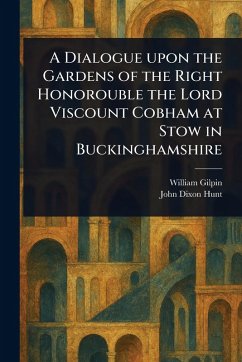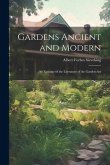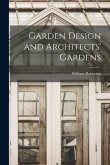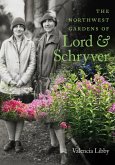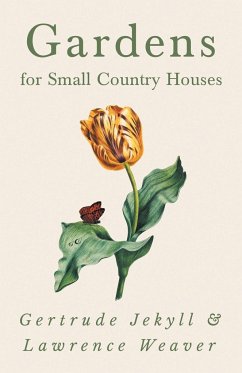Rediscover the art of 18th-century landscape gardening with William Gilpin's "A Dialogue upon the Gardens of the Right Honorouble the Lord Viscount Cobham at Stow in Buckinghamshire." This meticulously prepared print edition offers a fascinating glimpse into the garden design principles of the period, focusing on the celebrated gardens at Stowe. Gilpin, a renowned figure in aesthetic theory, provides insightful commentary on the landscape, offering a valuable historical perspective on garden design. Explore the artistic vision behind Stowe, one of England's most influential gardens. This volume is a treasure for enthusiasts of architecture, garden history, and art history, providing a unique window into the intersection of nature and design in the 18th century. Delve into the early foundations of landscape gardening and understand the enduring principles that continue to shape garden aesthetics today. This work has been selected by scholars as being culturally important, and is part of the knowledge base of civilization as we know it. This work is in the public domain in the United States of America, and possibly other nations. Within the United States, you may freely copy and distribute this work, as no entity (individual or corporate) has a copyright on the body of the work. Scholars believe, and we concur, that this work is important enough to be preserved, reproduced, and made generally available to the public. We appreciate your support of the preservation process, and thank you for being an important part of keeping this knowledge alive and relevant.
Bitte wählen Sie Ihr Anliegen aus.
Rechnungen
Retourenschein anfordern
Bestellstatus
Storno

